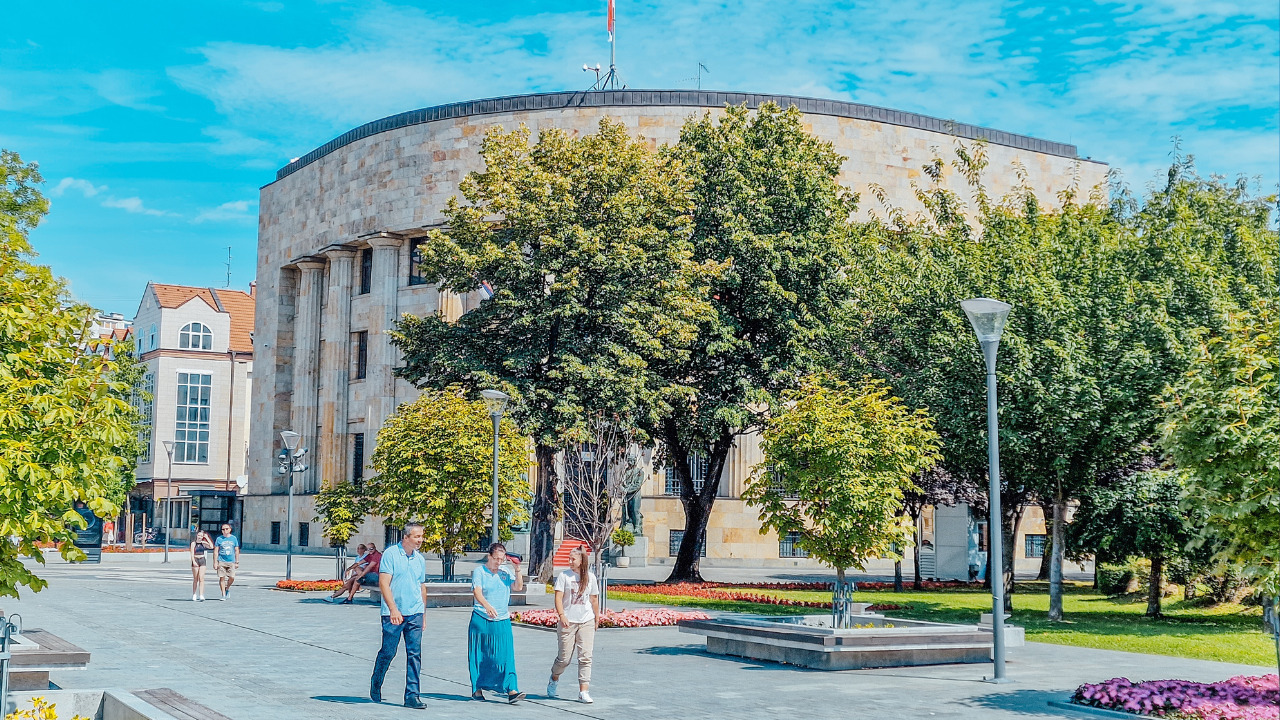Date first published: 25/07/2023
Key sector: all
Key risks: political instability; ethnic tensions; internal conflict
Risk development
On 21 June 2023 lawmakers in the National Assembly of Republika Srpska (RS) – one of Bosnia’s two autonomous entities – voted to stop publishing UN High Representative Christian Schmidt’s decisions in the official gazette, meaning that his acts would no longer be recognised as official legislation. On 27 June the National Assembly declared the rulings of the country’s constitutional court non-applicable across RS, objecting to the presence of three foreign members in the nine-judge panel of Bosnia’s top court and new rules approved on 19 June allowing the panel to convene without Serb judges. Both decisions were predominantly made in protest against the involvement of international envoys in the country’s affairs.
Why it matters
Bosnia and Herzegovina is a highly decentralised country with a severely fragmented administrative system where constituent entities – RS and the Federation of Bosnia and Herzegovina (FBiH) – possess their own political institutions. This governmental configuration allows RS to exercise a significant degree of independence. RS – led by President Milorad Dodik – opposes its inclusion in a unitary Bosnian state while actively seeking secession from the country or, to a lesser extent, unification with Serbia. Therefore, RS leadership persistently undermines state-level governance and boycotts Bosnia’s central institutions. Recent decisions made by the RS National Assembly have resulted in the worst political crisis in the country since the end of the Bosnian War in 1995.
Background
Secessionist efforts by RS are headed by Milorad Dodik, President of RS and a former Serb member of the Presidency of Bosnia and Herzegovina. Dodik is a chief protagonist of Serb nationalist politics. He has been working to create a political environment conducive to RS secession from Bosnia and Herzegovina since the early 2000s by eroding the state-building processes and generating interethnic tensions in the country. Dodik – a strong opponent of Bosnia’s pro-European Union (EU) foreign policy, also blocks the country’s reforms needed for future EU accession, representing the main obstacle to Bosnia’s European integration.
Additionally, his increasingly autocratic rule has led to democratic backsliding in RS, with cases of police brutality, restrictions to media freedom and alleged election fraud being commonly reported. Most recently, on 20 July the National Assembly approved a defamation law widely seen as aimed at further restricting freedom of speech. Following the Russian invasion of Ukraine in February 2022, Dodik has maintained a close relationship with Russian President Vladimir Putin and even supported the invasion by stating that it was “fully justified”.
Risk outlook
Recent moves by RS have violated the Dayton peace accords and exacerbated political instability in the country. Calls for RS independence are not unusual and similar legal or political secession attempts are likely in the foreseeable future, especially as Dodik has been re-elected RS President. Dodik raises the entity’s political leverage through the consistent revival of inflammatory nationalism and weakening of Bosnia’s integrity – which is expected to continue in the short to medium term. Although Dodik is under US sanctions – and the European Parliament is urging Brussels to follow suit – the lack of concrete actions against Dodik’s secessionist moves could erode the authority of the international community in the country. This would also support Russia’s objective of keeping the country dysfunctional and obstructing its accession to the EU and NATO.



